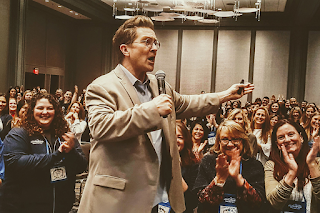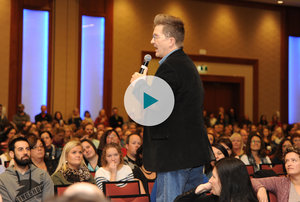Norming, Storming, Forming Fixed Vs. Unfixed Schooling.
As a very Neuro, diverse
learner, sometimes referred to as a problem, child, back in the 80-90’s
I am Tim Clue, the unlikely
teacher, not the genius Carol’s Dweck who found a way to clarify and highlight
a journey that I did not understand back in the day, but feel compelled to
share how her groundbreaking work is thankfully becoming the norm in schools
today, not the exception.
What was most surprising to
me is that my 7th grader who also shares some of my challenges, albeit more
savvy as to how to manage her neuro eccentricities, recently
came home and explained Carol’s Dweck findings and theories to her silly old dad. I wanted
to say “a little late, Kiddo?” But
instead I’ll simply highlight an exciting trend and the focus of today’s blog.
Schools Are
Moving Theoretical Into Tactical Practical; This Game Changer May Save Public
Education.
In recent years, there has
been a shift in the way schools approach education, with a growing emphasis on
Social Emotional Learning (SEL) and Problem-Based Learning (PBL). This shift
has been driven, in part, by the work of Carol Dweck, a Stanford University
psychology professor, who introduced the concept of fixed versus unfixed
mindsets.
The fixed mindset suggests
that abilities are innate and cannot be changed, while the unfixed mindset
suggests that abilities can be developed through hard work and perseverance. By
promoting an unfixed mindset, schools are encouraging students to see
challenges as opportunities for growth, rather than as obstacles to be
overcome.
While the shift towards an unfixed
mindset may seem like a small change, it has far-reaching implications for the
way schools operate. By emphasising the importance of growth and development,
schools are helping students to become more resilient, more motivated, and more
confident in their abilities. This, in turn, leads to greater success in all
areas of life, not just in academic pursuits.
One example of a school that has embraced
the unfixed mindset is the High Tech High School in San Diego, California. This
school has implemented a PBL curriculum that emphasises creativity,
collaboration, and critical thinking. Students are encouraged to work on
real-world projects that require them to apply their knowledge and skills in
meaningful ways. This approach has resulted in higher levels of engagement,
greater motivation, and improved academic performance.
Of course, implementing a new approach to
education is never easy, and it can be especially challenging for
administrators who are often underappreciated and overworked. However, the
benefits of an unfixed mindset approach are clear, and more and more
administrators are starting to see the light. They are recognizing that a
long-term approach focused on process and growth is more beneficial than a
short-term focus on test scores and grades.
In conclusion, the shift towards an unfixed mindset in schools is a positive development that is changing the way we approach education. By emphasising the importance of growth and development, schools are helping students to become more resilient, more motivated, and more confident in their abilities. This will be especially important in the coming years, as critical thinking and problem-solving skills become increasingly important in a world where technology and automation are changing the nature of work. So, let's give our administrators a long overdue round of applause for taking on the difficult challenge of shifting educational changes that often progress at a glacial pace.
For More Information Visit: https://www.timclue.com/



Comments
Post a Comment